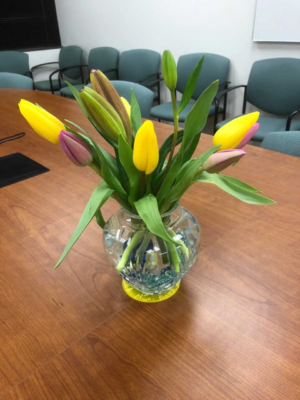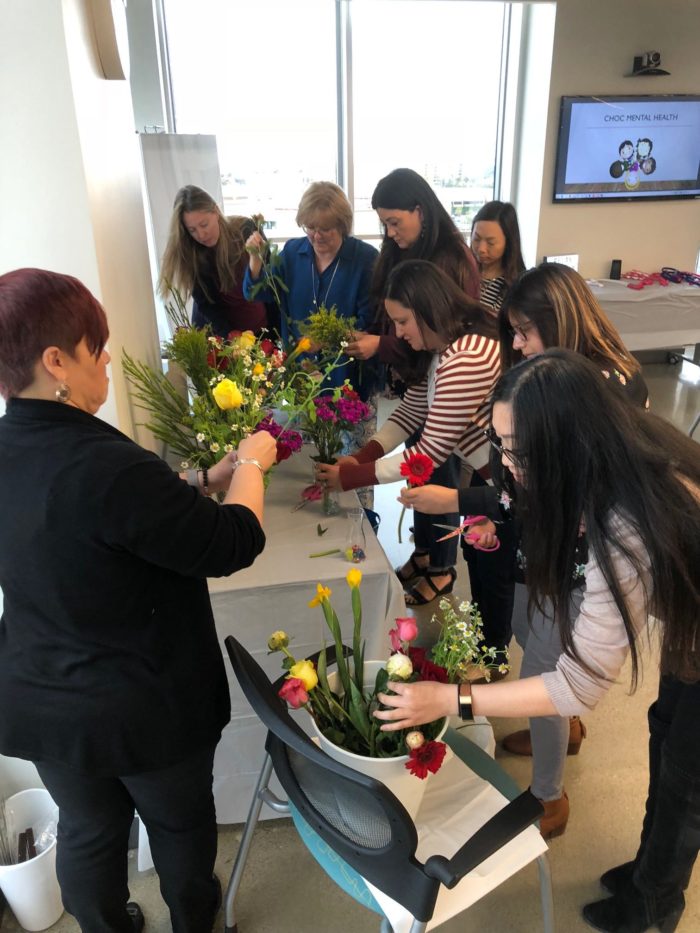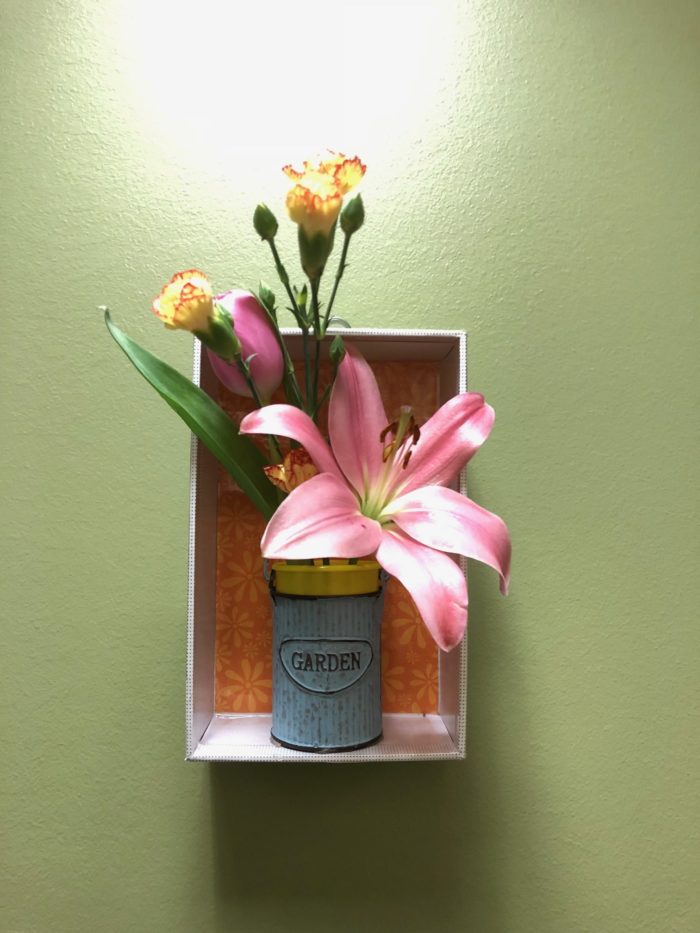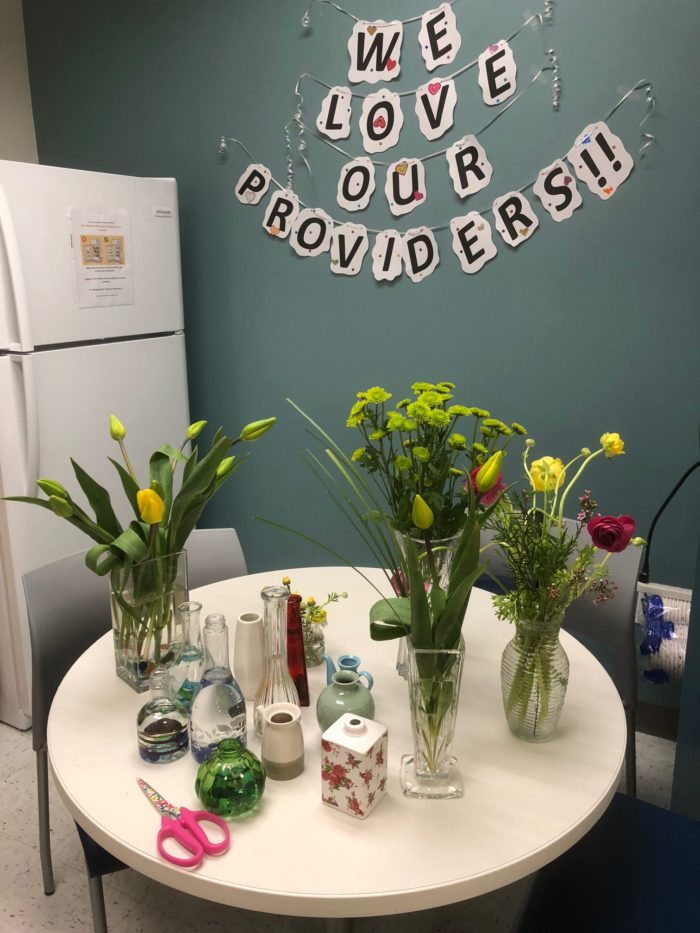Long before Dr. Carlos Konishi was a seasoned pediatric psychologist at CHOC, he understood firsthand the healing effects of flower therapy.
As a psychology intern at CHOC more than a decade ago, he would create flower arrangements for the psychology department in his spare time, and quickly noticed the positive impact it had on the wellness of patients and his colleagues.

Inspired largely by his Japanese heritage, known for its deep appreciation of nature, Dr. Konishi had always enjoyed working with flowers and plants as a pastime, and even used it as a therapy technique with patients in another facility.
As part of his dissertation, Dr. Konishi studied the possible impact of nature settings on people’s physical and emotional health.
“Our appreciation for nature is cross-cultural. At a very basic level, we are drawn to nature and how it makes us feel,” Dr. Konishi explains. “Think of a favorite vacation spot for instance; you often think of a place tied to nature. There’s something about nature that makes us feel reconnected and refreshed.”

In 2016, Dr. Konishi returned to CHOC to work as a full-time psychologist, and he continues to use the art of flower arranging today to encourage mindfulness and wellness among his colleagues. Every Monday, he sets up a flower therapy station in his department’s break room, including a variety of fresh flowers and colorful vases, which his fellow colleagues and students can use to create arrangements for their individual offices and therapy rooms where patients are seen.

The physical act of arranging the flowers and concentrating on the soothing task stimulates mindfulness, Dr. Konishi explains. Like with other mindfulness activities, the task allows you to focus on the present moment and acknowledge your feelings, thoughts and sensations.

He also enjoys creating flower arrangements for the hallways in the office like he once did as a student. He and his team often hear from patients and their families who comment on these beautiful touches of nature and how uplifting it makes them feel when they come in for an appointment.
“It’s part of your emotional health. When you see things that are aesthetically pleasing, you feel good,” Dr. Konishi says. “Flowers are a representation of the beauty of nature.”
Dr. Konishi’s commitment to his mental and emotional health and that of his colleagues does not stop with flower therapy, however. He and a few colleagues have formed a wellness committee in their department. Throughout the year, they organize activities such as Smoothie Day, pet therapy, yoga and flower arranging with the goal to help staff reset and be more present for their patients’ care. The committee has also organized Tea for the Soul through CHOC Spiritual Care as well as Healing Touch therapy and Reiki sessions for the department staff.

“Wellness and mindfulness programs can be beneficial for everyone and can play a very important role in decreasing burnout and increasing engagement,” Dr. Konishi says. “I strongly recommend creating a small team of individuals who share an interest in wellness to ensure sustainability and allow for a variety of activities. These activities don’t have to be very long and can provide a reprieve from the daily stressors people face and can help them recharge and refocus throughout the week.”




